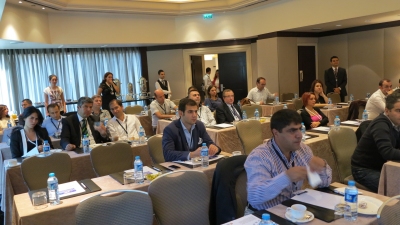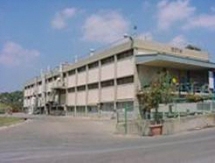‘Don’t abandon me in old age’, from the powerful verses in the book of Psalms, illustrates the helplessness of adults after they have peaked and become dependent. But who is the ‘old man’ today?
Today’s 67-year-olds, many of them mountaineers, surf with Omega, sail in rivers and participate in challenging jeep tours are certainly not “old” but men in full physical and mental health who can continue working after the age of retirement – and many are even interested in it.
Retirement at age 67 is an anachronistic remnant of the old age concept in the past century when life expectancy was not far from that age. Nowadays, when the average life expectancy of men reaches 80.1 the employment and economic realities need to be matched to the biological realities of the 67-year-olds, which are a new category in the ‘adult-eligible’ population.
The Knesset Parliamentary Committee headed by MK Tali Pluskov has already taken the first step in this direction and recently recommended an interim report to abolish the retirement obligation for men aged 67 and to allow those interested in continuing to work in their workplace. Adopting and implementing the final recommendations in this area will bring about one of the biggest revolutions in the Israeli economy since the establishment of the state and will propel the Israeli economy to faster growth. They will greatly benefit both employers and employees who continue to work in their jobs.
The 67-year-old’s motivation is extremely high and it is estimated that about 66% want to continue working. The reasons are many and varied: About 40% of them have no pension at all and income from work is the only way open to them to live with dignity. In contrast pensioners are likely to experience income plummeting and a sharp decline in the standard of living they wish to avoid.
This is a new study by Ben-Gurion University’s Pension, Insurance, and Financial Literacy Center which found that a man who was paid NIS 10,000 is expected to receive a pension of only 42.6%, that is, NIS 4,260 a month. This reality will motivate many men to continue working if only they can. Economic considerations include mental, social and image motivations: Many workers want to continue to enjoy professional satisfaction from their work, prestige and social status stemming from success, enjoyment of social life in the workplace, fear of loneliness at home and a general desire to postpone the inevitable personal investment following retirement.
 +44 208 900 9991
+44 208 900 9991 +01 480-374-7770
+01 480-374-7770




